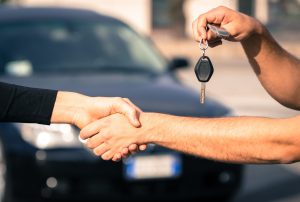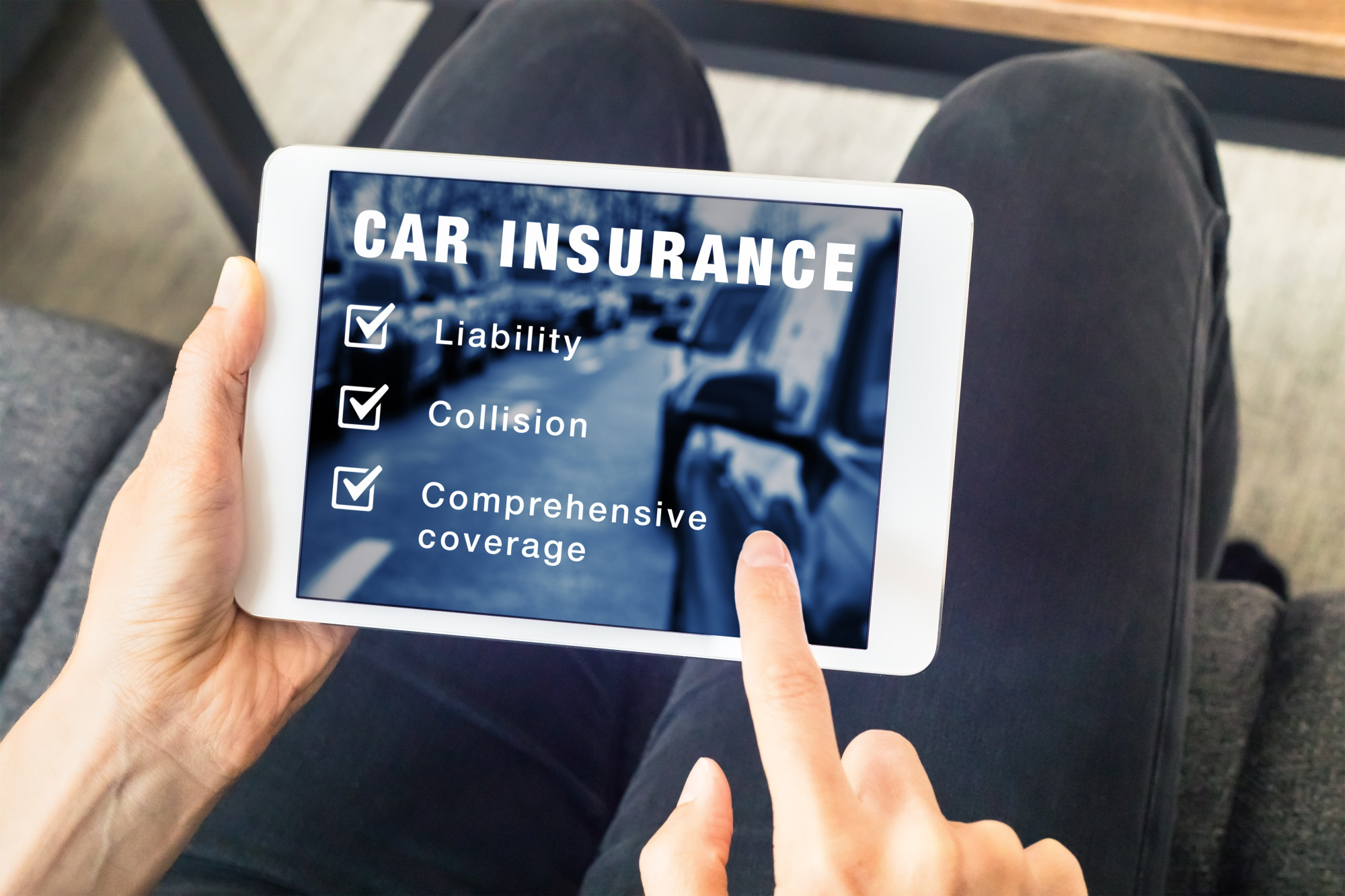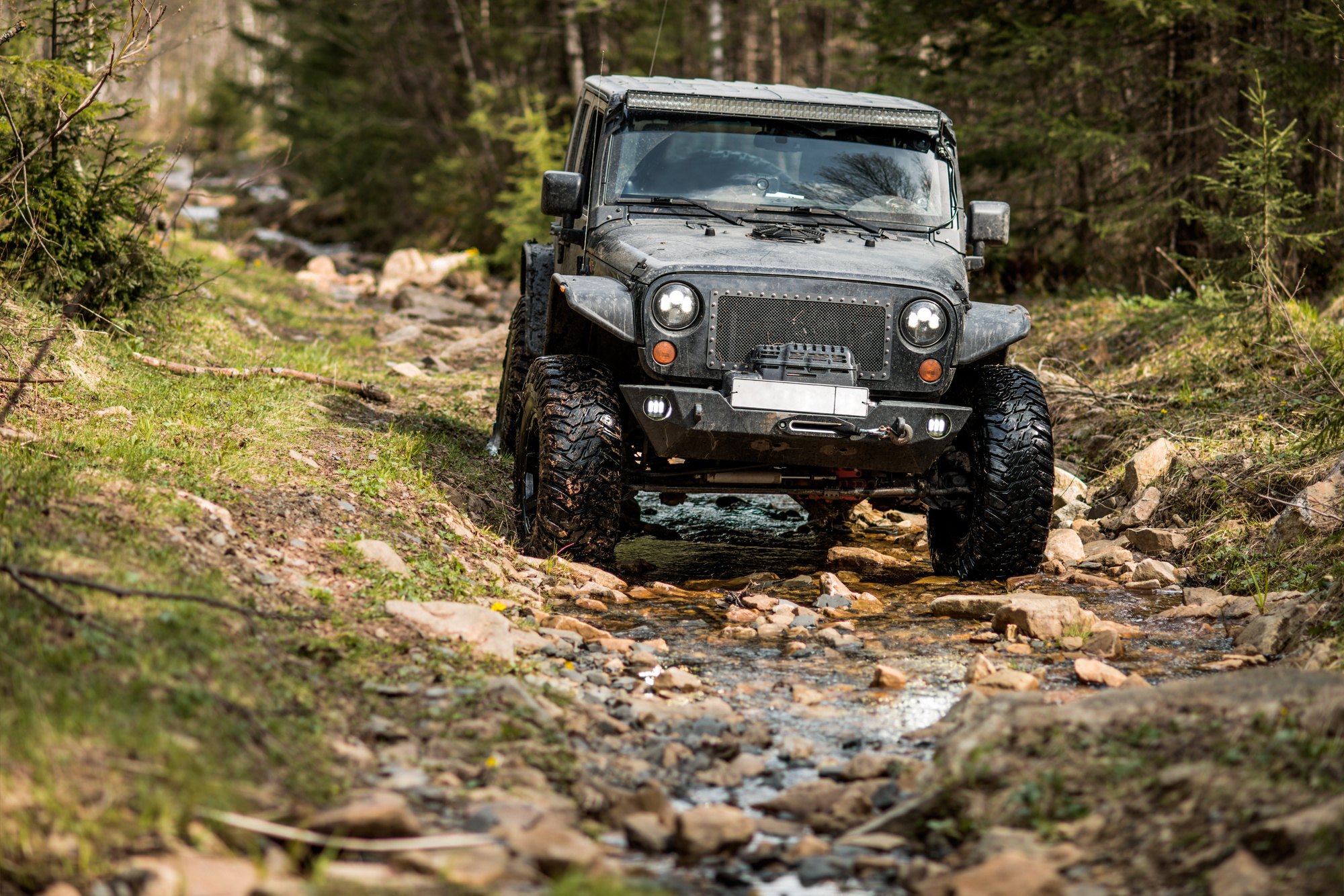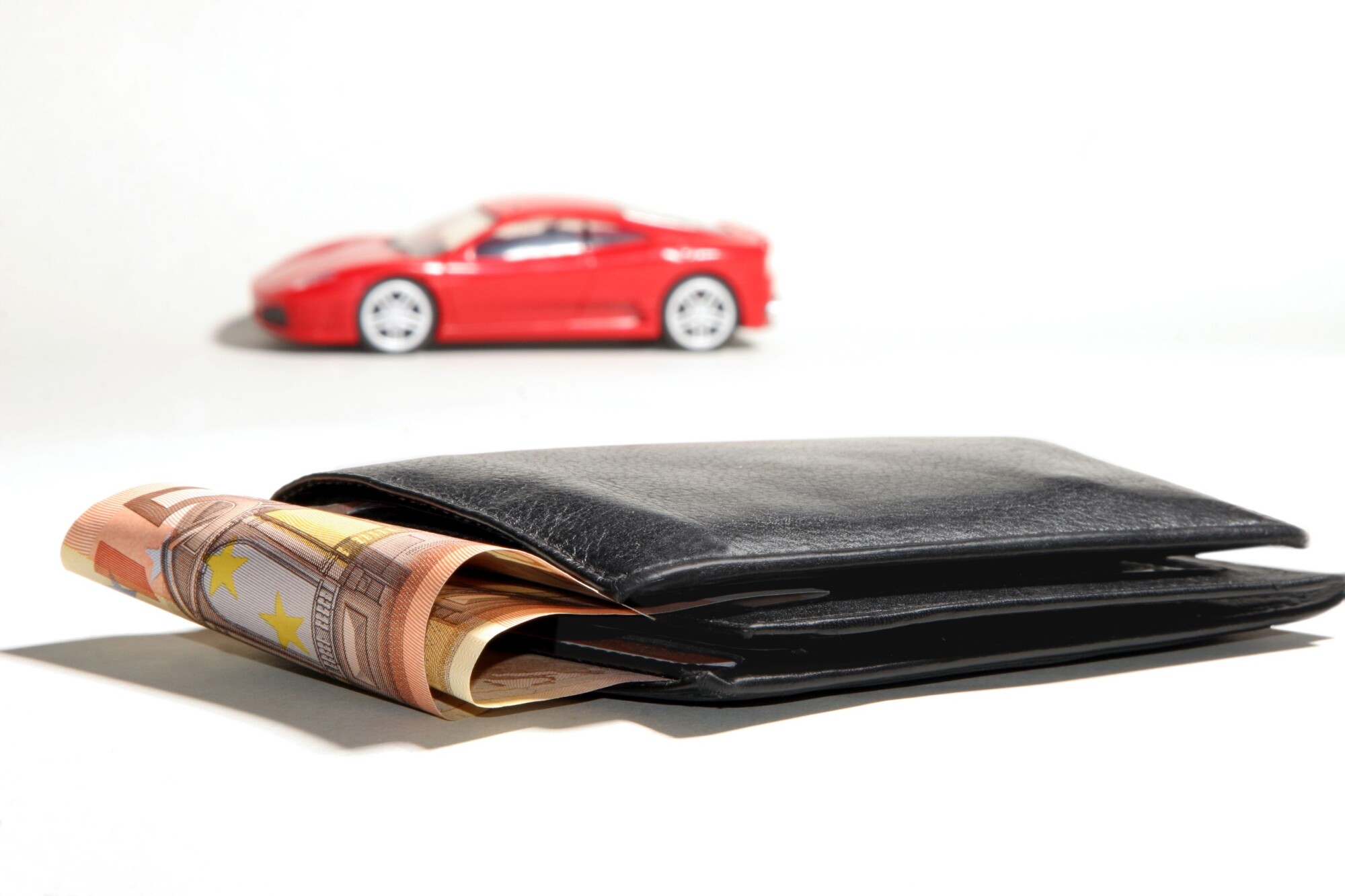 If you’re in the market for a new vehicle, there’s a good chance you’re at least considering buying a second-hand car.
If you’re in the market for a new vehicle, there’s a good chance you’re at least considering buying a second-hand car.
It’s a smart idea, and you’re in good company. In fact, the used vehicle market generated $43.58 million in the United States and is only expected to grow.
Of course, you want to make sure that you’re getting a good deal and a safe vehicle. Check these seven things to make sure you don’t end up with a lemon.
1. Vehicle History
First and foremost, when buying a used car, you’ll first want to check the vehicle’s history.
The driver should be able to provide you with a detailed list of inspections, accidents, other relevant information that can clue you into the car’s condition.
It’s also a good idea to research the make and model online to ensure you’re purchasing a product with a reliable history. Otherwise, you may end up spending more on repairs than if you’d just bought a new vehicle in the first place.
2. Body Condition
One of the first things you’ll want to inspect is the condition of the vehicle’s body.
You shouldn’t necessarily trust the photos you see online, as they may not present the full story. Remember, the seller is trying to make money off of the car, they’re not going to advertise the damage freely.
Be sure to conduct a physical inspection before agreeing to a purchase.
3. Upholstery
A vehicle’s upholstery says a lot about the driver. For instance, torn or ripped seating may indicate that the driver is less than careful with his or her vehicle.
While ripped upholstery is repairable, that’s time and money that you don’t necessarily need to spend. Make sure that all of the upholstery, including flooring and passenger seats, are well taken care of.
4. The Vehicle Identification Number
When buying a used car, treat everything with a healthy sense of skepticism, right down to the Vehicle Identification Number or VIN.
Each vehicle has a unique 17-digit code that tells its entire story.
Some people are less than honest, so run the VIN to make sure you’re not about to purchase a stolen vehicle. If the records don’t match up, alert the authorities immediately.
5. Tires
Unless you’re dealing with the perfect seller, you shouldn’t expect your used vehicle to have brand new tires. However, you also shouldn’t expect tires that will leave you stranded in a few miles.
Check the condition of the tread wear on all four tires and ask how often the seller paid for a tire rotation.
6. Mirrors
Buying a second-hand car comes with a whole string of hidden issues. Some of which you may not notice until it’s too late.
Case and point, the vehicle’s interior mirrors. Check both sun visors. It sounds silly, maybe, but some owners rip the mirrors out of the visors before selling the vehicle.
7. Suspension
Finally, check the vehicle’s suspension by bouncing the car up and down. It should easily absorb any shock and even out almost immediately.
If the vehicle continues to bounce up and down, the car’s suspension system may need repair.
Buying a Second-Hand Car Can Save Money…If You Know What to Look For
Buying a second-hand car is a smart way to get a good vehicle at a great price. Just make sure that you’ve done your due diligence and check each of these seven things.
Now that you’ve found a great used car, it’s time to make it your own! Check out our self-repair blog to learn about awesome repair tips you can do yourself.




